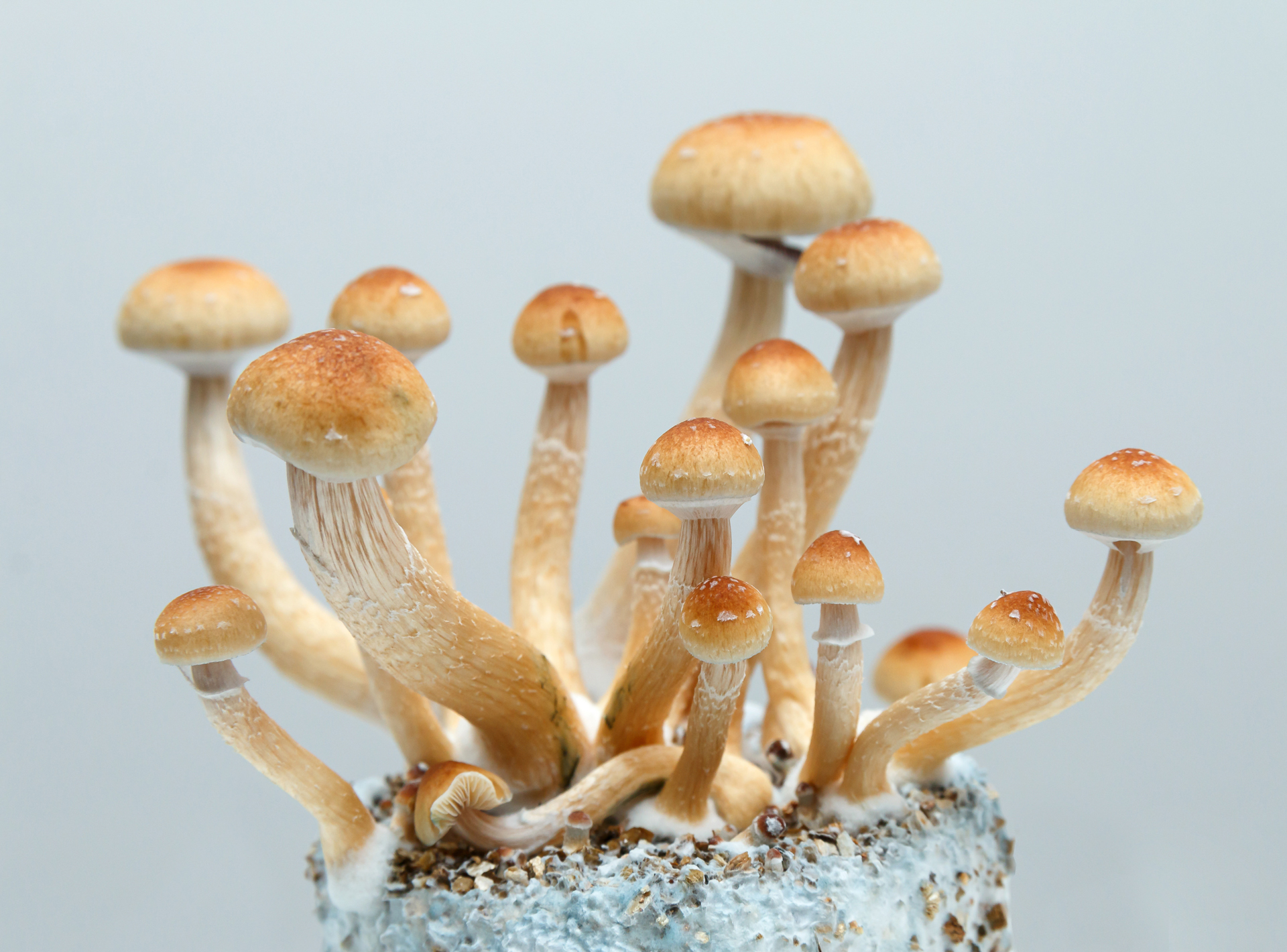 Proponents of psychedelics have failed in their latest bid to get the controversial treatments reclassified by the TGA.
Proponents of psychedelics have failed in their latest bid to get the controversial treatments reclassified by the TGA.
According to The Notice of interim decisions to amend (or not amend) the current Poisons Standard, 21 October 2022, the advisory committee was of the view that “there was insufficient additional evidence of the therapeutic value of either psilocybin or MDMA provided in the respective applications, compared to that considered in making the previous psilocybin or MDMA decisions, to now consider that the therapeutic value of either substance has been established.”
This is despite the fact that some 6,650 public submissions were presented to the TGA in relation to the psilocybin application, with 6,505 submitted for MDMA, representing a more than 10-fold increase in the number of submissions lodged compared to the previous application made in July 2020.
The committee individually considered both applications and recommended that the current scheduling for each substance remained appropriate, an interim decision approved by a delegate of the Secretary of the Department of Health and Aged Care.
“I have made the present decisions because I am of the view that retaining the current entries for these substances in Schedule 9 ensures appropriate control over their access,” the delegate noted.
“In reaching this view, I am satisfied that both psilocybin and MDMA meet the scheduling factors for Schedule 9 in the SPF, and the currently limited evidence of benefit for both substances is outweighed by the risks to patients and public health from any increased access.
“Insufficient new information or clinical evidence for either substance has been presented by the applicant since I made the previous psilocybin and MDMA decisions to depart from those decisions.”
Committee members agreed that the matters under Section 52E(1) of the Act relevant to both substances were: (a) the risks and benefits of the use of a substance; (b) the purposes for which a substance is to be used and the extent of use of a substance; (c) the toxicity of a substance; (d) the dosage, formulation, labelling, packaging and presentation of a substance; (e) the potential for abuse of a substance; and (f) any other matters considered necessary to protect public health.
MMA Executive Chairman Peter Hunt AM was saddened by the decision – which he said would lead to unnecessary suicides and unbearable suffering – but remained confident that Health Ministers around Australia would eventually agree to make MDMA and psilocybin controlled medicines under Schedule 8 of the Poisons Standard but delay.
“We believe that we had convincingly addressed all of the concerns raised by the TGA’s Delegate when it rejected our first rescheduling applications in December 2021,” Mr Hunt said.
“Governments around Australia keep reiterating that the patient should be at the centre of the mental health system. But these same governments keep refusing to allow psychiatrists and their patients to use these therapies in highly controlled environments, despite the high levels of safety and efficacy being achieved in overseas trials.”
Mr Hunt noted that the Delegate had acknowledged the emerging evidence of efficacy of psilocybin in treating depression, with demonstrated low risk of adverse events with short-term use in controlled settings, as well as a possible benefit in treating other mental health conditions.
The Delegate also acknowledged the emerging evidence that MDMA-assisted psychotherapy may have therapeutic benefits in the treatment of PTSD in closely supervised clinical settings with intensive professional support.
“Both medicines are at a more advanced stage of research than cannabis was when it was rescheduled by the TGA to Schedule 8,” Mr Hunt said.
“We acknowledge and agree with the Delegate’s view that ongoing research is required but that’s the same with almost all medicines (whether registered or unregistered), and even for medicines that have been used for decades such as antidepressants.
“However, the priority should be to save lives now with medicines that many leading health sector experts believe are safe to administer in a secure medical environment by properly qualified clinicians.”

